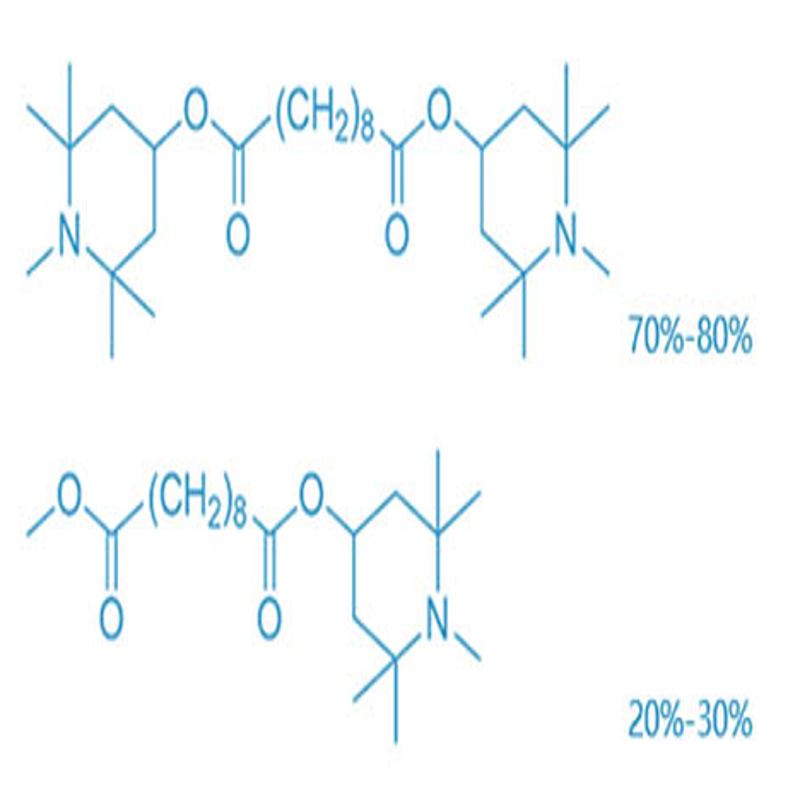-
Categories
-
Pharmaceutical Intermediates
-
Active Pharmaceutical Ingredients
-
Food Additives
- Industrial Coatings
- Agrochemicals
- Dyes and Pigments
- Surfactant
- Flavors and Fragrances
- Chemical Reagents
- Catalyst and Auxiliary
- Natural Products
- Inorganic Chemistry
-
Organic Chemistry
-
Biochemical Engineering
- Analytical Chemistry
-
Cosmetic Ingredient
- Water Treatment Chemical
-
Pharmaceutical Intermediates
Promotion
ECHEMI Mall
Wholesale
Weekly Price
Exhibition
News
-
Trade Service
Global chemical M&A activity declined
The pace of global chemical M&A activity is slowing in 2016, and Y&P Chairman Peter Young said that the large M&A deals completed by the global chemical industry in the first three quarters of this year (each with a transaction price of more than $25 million) amounted to about $31 billion, basically unchanged
from the same period last year.
However, the number of large M&A deals completed during the period was 61, down from 70 in the same period last year
.
Young said that if the $65 billion chemical M&A deal value for last year's full year is to be reached, $34 billion worth of chemical M&A transactions
need to be completed in the fourth quarter of this year.
From this point of view, it is only possible to reach last year's M&A transaction if the Dow-DuPont deal is completed by the end of this year, or the acquisition of Syngenta by ChemChina, but this is unlikely from the current situation, because the extended review time of these two mega M&A transactions has extended the completion time to 2017
.
Global oil demand will peak until after 2040
The head of the International Energy Agency (IEA) said that commitments were made at last year's Paris climate change summit to limit greenhouse gas emissions, but due to the current lack of alternatives to oil in the road transport, aviation and petrochemical industries, global oil demand will not stop growing
until 2040.
In its World Energy Outlook 2040, the IEA proposes that global oil demand could grow by nearly 12% to 103.
5 million b/d in 2040; That compares with global oil demand of 92.
5 million b/d
in 2015.
The OECD will see oil demand fall faster, but the decline will be offset
by increased demand elsewhere.
The IEA said in the report that India is likely to become the country with the largest increase in demand, while China will replace the United States as the largest single oil consumer in the first few years after entering 2030
.
The European chemical industry has called for cooperation with the United States
The European Chemical Industry Council (Cefic) and the German Chemical Industry Trade Association (VCI) have responded to the latest US presidential election results, calling on the EU to strengthen cooperation with the US and to maintain the existing democratic, security and economic partnership
between the two sides.
Marco Mensink, Director General of Cefic, said: "We have a new President of the United States, and the impact of today's results is still unclear
.
Because we have also seen short-term volatility and uncertainty
in the market after Brexit.
VCI Director General Utz Tillmann said: "After Trump is elected as the new president of the United States, the future policy of the United States is very uncertain
from the current point of view.
The nationalism and protectionism promoted during the election campaign phase are cause for concern, and we hope that the newly elected US president will further bring the political and economic ties
between the EU and the US closer.
We need a stable environment
for cooperation on major global issues such as trade, climate and economic policy in the future.
”
Canadian biofuels producers are in a golden age
As the federal government will include carbon reduction strategies in its climate change action plans, optimism among Canadian biofuel producers is heating up recently
.
Jim Grey, President of the Canadian Renewable Energy Industry Association, said: "This is a very exciting time for us and I think it will be a significant positive
for our industry.
In early October, Canadian Prime Minister Justin Trudeau announced that all Canadian provinces must choose between implementing a carbon tax or a cap-and-trade system to combat climate change
.
Grey said Canada's Climate Change Action Plan's greenhouse gas reduction targets for all emission areas, including transportation, are clear that this will boost the use of electric vehicles and public transportation, but adding more ethanol and biodiesel to the fuel will have a positive impact
on greenhouse gas reduction targets in the short term.







